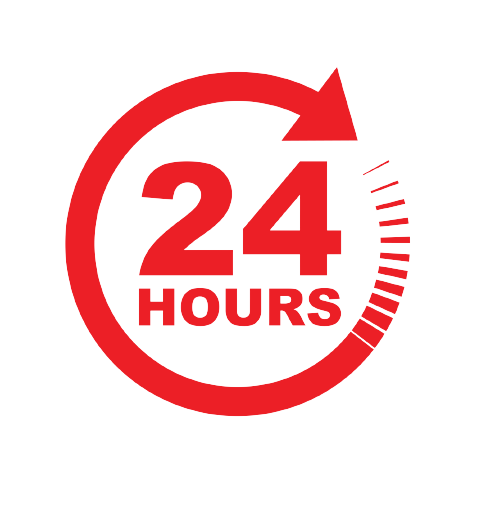
California, the Golden State, is not just renowned for its stunning landscapes and Hollywood glamour. It is also home to a lesser-known but highly essential service – traveling notaries. These unsung heroes of bureaucracy play a vital role in ensuring that legal documents are properly executed. Yet, many Californians remain mystified by the intricacies of this profession. In this article, we aim to unravel the mysteries surrounding California traveling notaries by answering some frequently asked questions.
1. What Is a Traveling Notary Public?
A traveling notary public is a commissioned notary who travels to meet clients at their convenience to notarize documents. This service is especially beneficial for individuals and businesses with busy schedules, mobility issues, or those who require notarization at a specific location, such as a hospital or a client’s home.
2. What Documents Can a Traveling Notary Notarize?
Traveling notaries in California can notarize a wide range of documents, including:
- Loan documents: For mortgage refinancing or home purchases.
- Powers of attorney: Granting someone the authority to act on your behalf.
- Wills and trusts: Ensuring these documents are legally executed.
- Business agreements: Contracts and partnership agreements.
- Medical directives: Health care proxies and living wills.
- Real estate documents: Deeds, title transfers, and leases.
3. Is There a Difference Between a Regular Notary and a Traveling Notary in California?
The primary difference between a regular notary and a traveling notary is mobility. Regular notaries typically operate from a fixed location, like a bank or an office, while traveling notaries are flexible and can meet clients at various locations. Both, however, have the same notarial powers and responsibilities.
4. How Do I Find a California Traveling Notary?
Finding a traveling notary is relatively straightforward. You can:
- Search online: Many traveling notaries have websites or listings on notary directories.
- Ask for recommendations: Your friends, family, or colleagues may have used a traveling notary’s services.
- Check with local businesses: Some UPS stores, shipping centers, or mailbox services offer notary services, including traveling notary services.
5. What Should I Bring When Meeting a Traveling Notary?
When you meet a traveling notary in California, you should bring:
- The document(s) to be notarized: Make sure they are complete, except for the notary section.
- A government-issued photo ID: This is usually required to verify your identity.
- The notary fee: Traveling notaries charge fees for their services, and these fees can vary. Make sure to inquire about the cost upfront.
6. Can a Traveling Notary Refuse to Notarize a Document?
Yes, a traveling notary, like any notary, can refuse to notarize a document under certain circumstances. They may refuse if:
- The signer is not present.
- The notary is not convinced of the signer’s identity.
- The document is incomplete or has missing pages.
- The notary has a conflict of interest.
7. How Much Does a California Traveling Notary Cost?
Traveling notary fees vary based on several factors, including location, the number of documents, and the complexity of the notarization. As of my last knowledge, the fees keep changing, so it’s essential to inquire about the cost when hiring a traveling notary.
8. Is There a Limit on How Far a Traveling Notary Will Travel?
Traveling notaries may have different policies regarding how far they are willing to travel. Some may have a specific radius, while others may be willing to travel longer distances for an additional fee. It’s crucial to discuss the travel distance and any associated costs with the notary in advance is crucial.
In Conclusion
California traveling notaries play a crucial role in ensuring the legality and authenticity of important documents. While their services may seem shrouded in mystery to some, this article has aimed to demystify the concept by answering common questions. When you need the services of a traveling notary, remember to be prepared, inquire about fees, and ensure that all documents are in order to streamline the process and make it as efficient as possible.











Leave a Reply